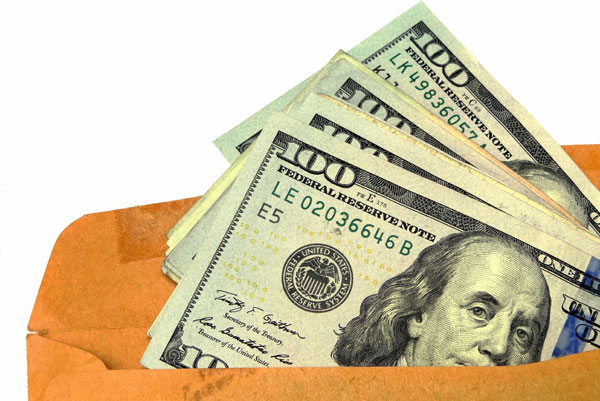- La Feria Community Holds Succesful Business Mixer Event
- Little Nashville to Take Place in Downtown Mercedes
- Lions Basketball Captures District Gold
- La Feria ISD Students Compete in Regional Chess Tournament
- Lions End First Half of 32-4A on a High Note
- La Feria ISD Held Another Successful Parent Conference
- Strong Appearance for Lions at Hidalgo Power Meet
- LFECHS Students Get to Meet Local Actress
- Students Participate in Marine Biology Camp
- Two LFECHS Students Qualify for All-State Band
Study: Money Major Factor in U.S. Elections
- Updated: September 9, 2016

A new study provides stark evidence on how money influences U.S. elections. Photo: DodgertonSkillhouse/Morguefile
by Mark Richardson
AUSTIN, Texas – As public outrage over the influence of money in politics continues to grow – seen in both the Bernie Sanders and Donald Trump campaigns – a new study provides compelling evidence that the U.S. political system is more “one dollar, one vote” than “one person, one vote.”
Thomas Ferguson, director of research at the Institute for New Economic Thinking in New York and his team tapped data on congressional races and discovered a stark correlation.
“Basically, you get the percentage of votes that you have of the percentage of money,” he explains. “It’s an amazingly crass relationship, and it’s very direct and it holds for hundreds of elections.”
Researchers created a chart to track spending and votes in U.S. Senate and House races since 1980.
Ferguson says if money and votes were unrelated, the chart would be scattered.
Almost without exception, he says the results produced a straight line: when parties spend little to no money, they get the fewest votes, and spending the most money results in the most votes.
Ferguson says the research supports findings from a Princeton and Northwestern study that shows the poor and middle class have virtually zero influence on government when the wealthiest Americans oppose policies.
Ferguson cites the preference by a majority of corporations and top earners for lower taxes as one example of what can happen when money drives politics.
“The rest of us have to live with the consequences of that,” he states. “Roads that don’t work, schools that are collapsing.
“And the notion that the last dollar rather than the last votes should determine things strikes me as a crazy idea.”
Ferguson says he hopes the data will force a conversation about the need to create a more democratic political system in the U.S.
He notes public financing of elections and giving candidates free and equal time on publicly owned airwaves would be good first steps to reduce the influence of money in politics.


